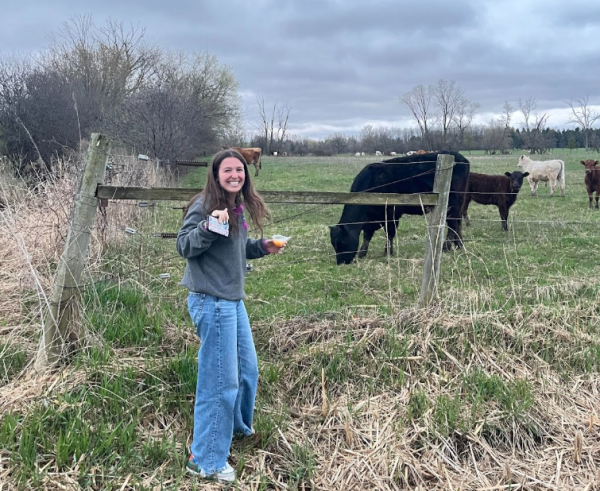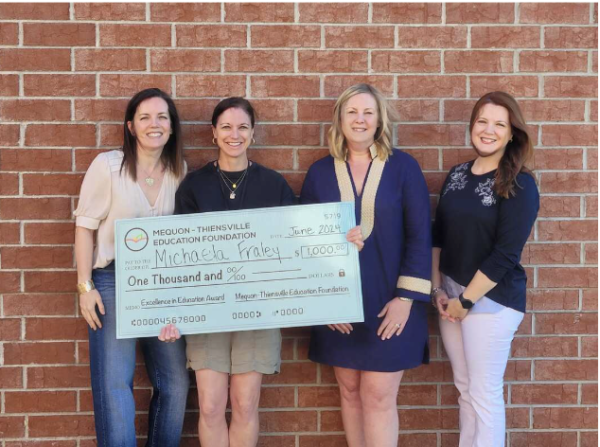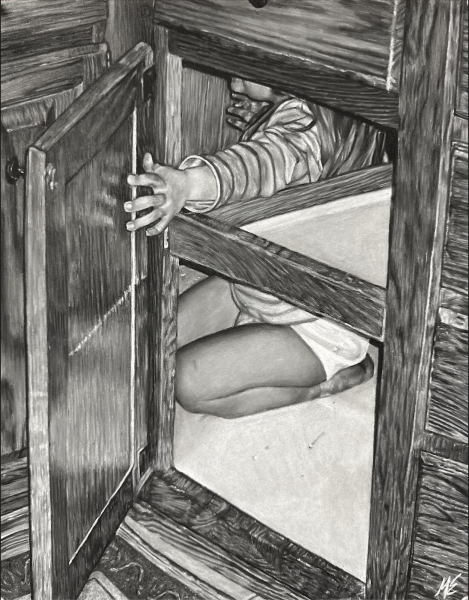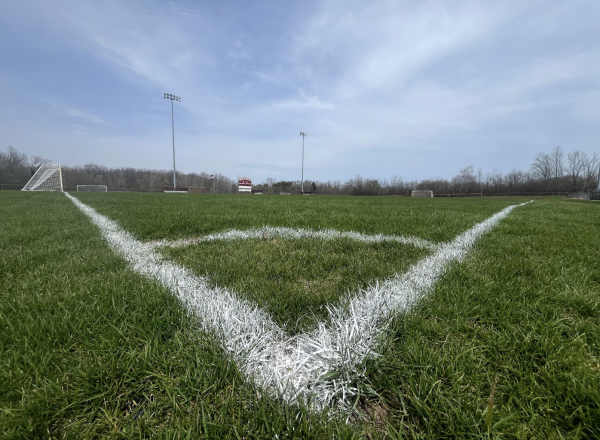Gun Violence: Stress on American teens
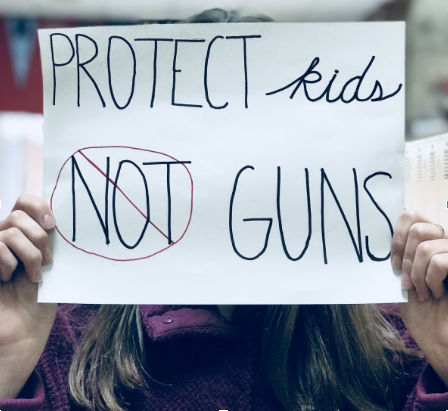
Students must be protected over guns; stress is increasing rapidly due to school shootings.
“The places change, the numbers may change, but the weapon has been the same,” Jessica Jost, Homestead High School nurse, said. In this day and age, the prevalence of school shootings are only increasing. Once school was a safe place, now students are only growing more and more anxious every time a shooting makes the news.
In between July 27 and Aug. 28 of 2018, the American Psychological Association (APA) conducted its annual Stress in America survey, specifically for Generation Z. Among 3,459 people who were 18 and older, as well as teenagers ages 15-17, were surveyed.
It measured attitudes and perception of stress in order to identify the leading sources of stress for this generation. “About 75% of Gen Z reported mass shootings as a significant source of stress, and 72% said the same about school shootings. About 56% of those who are in school say they experience stress when considering the possibility of a school shooting.”
According to spokeswoman of APA, Sophie Bethune, “Out of the 12 years this survey has been conducted, this has been the first year where people were asked about gun violence.” Clearly, this shows how problematic this has been for our country and how prominent it has become.
In addition, the risk for having post-traumatic stress disorder (PTSD) is rising- in particular for kids that have witnessed gun violence. “Even kids who may have no direct connection to the violence still bear the emotional costs of being part of the mass shooting generation. The day after the Parkland tragedy, schools from New Jersey to Texas were shut down because of copycat threats.”
No matter if we have experienced gun violence directly or indirectly, we are all still affected by the tragedies, even if we aren’t all consciously aware of it. “You don’t have to be where the acute stress occurred to get acute stress reactions or PTSD,” David J. Miklowitz, director of the Child and Adolescent Mood Disorders Program at UCLA Semel Institute, said. “Think of how we all felt after 9/11. Nationally, kids are asking more and more if it’s safe to go to school.”
As demonstrated on a national scale, the vast number of school shootings are taking a heavy toll on American teens and the amount of stress they face. But at Homestead High School, are teens here struggling emotionally due to the extensive amount of school shooting arisings throughout the country?
As stated by Mary Beth O’Brien, Homestead school psychologist, “I haven’t had a student come to me with concern about their safety in relation to gun violence in this school setting.” On the other hand, “I think it’s definitely things kids are talking about and on their minds. It’s an extra level of concern we come to work with and what you [students] come to school with.” O’Brien does believe that “As school employees and as a department we try to problem solve through supporting students.”
Overall, O’Brien strongly conveyed that “I don’t want students to think “‘That will never happen to me”” because we never know.”
Her best advice to staff and students is “Educating themselves for what they would do if they were in that situation and knowing the best plan of action to keep themselves safe.”
From the point of view from another staff member of Homestead, Terry Carr, school social worker, shared her experience with students. “I think certainly we’ve had students who’ve known people from some of those school [shootings] and situations, definitely increasing their anxiety.”
Carr also shared an important piece of advice: “I think it’s important to recognize that if you have an uneasy feeling about someone or another student, tell someone.”
Similarly, Jost believes that added stress on students is occurring throughout Homestead. “I do overhear conversations in the hallways about safety and why we are doing these drills, etc. I think kids are anxious about the drills because thoughts go through the heads of children of ‘What if… What if this was really happening at school?’ Very scary questions to be faced with as a teeenager or young child. The fact that no where that kids go is a ‘safe’ place anymore puts a lot of added stress on young adults/kids today.”
Jost explained that “It is extremely important for students to be able to talk about their fears and anxiety. Educating students as much as we can about safety and violence, and allowing kids to talk about their feelings is extremely important.”
Above all, Homestead students have a very strong opinion in regards to whether or not they feel safe at school, as well as how they feel everytime a mass shooting makes the news.
Megan Case, sophomore, shared her thoughts on gun violence. “It’s terrible. I don’t know any other way to describe it. The fact that innocent kids have to go to school and be taught how to act in situations such as school shootings just shows how catastrophic this problem has become. School of all places should be safe, and I know it’s nearly impossible to control that but I still think we should try.”
Another student, Jessica Lamers, junior, said why she feels mostly safe when at school. “I feel pretty safe at school because Homestead has a lot of safety precautions put into place in case a horrible shooting were to occur. We also do practice drills so that we are prepared, and I feel like the adults in the building are well educated on what to do if a dangerous situation were to occur at our school.”
Finally, Max Blitman, sophomore, admitted, “There’s always that risk.”

Avery Bersell, a Homestead High School Junior, will always be found with a laugh on her face whenever she is with her friends and family. At school she...

Rachel Starsky is a senior at Homestead High School. In room 405, she is often found designing yearbook or writing sports articles. In her free time, she...

